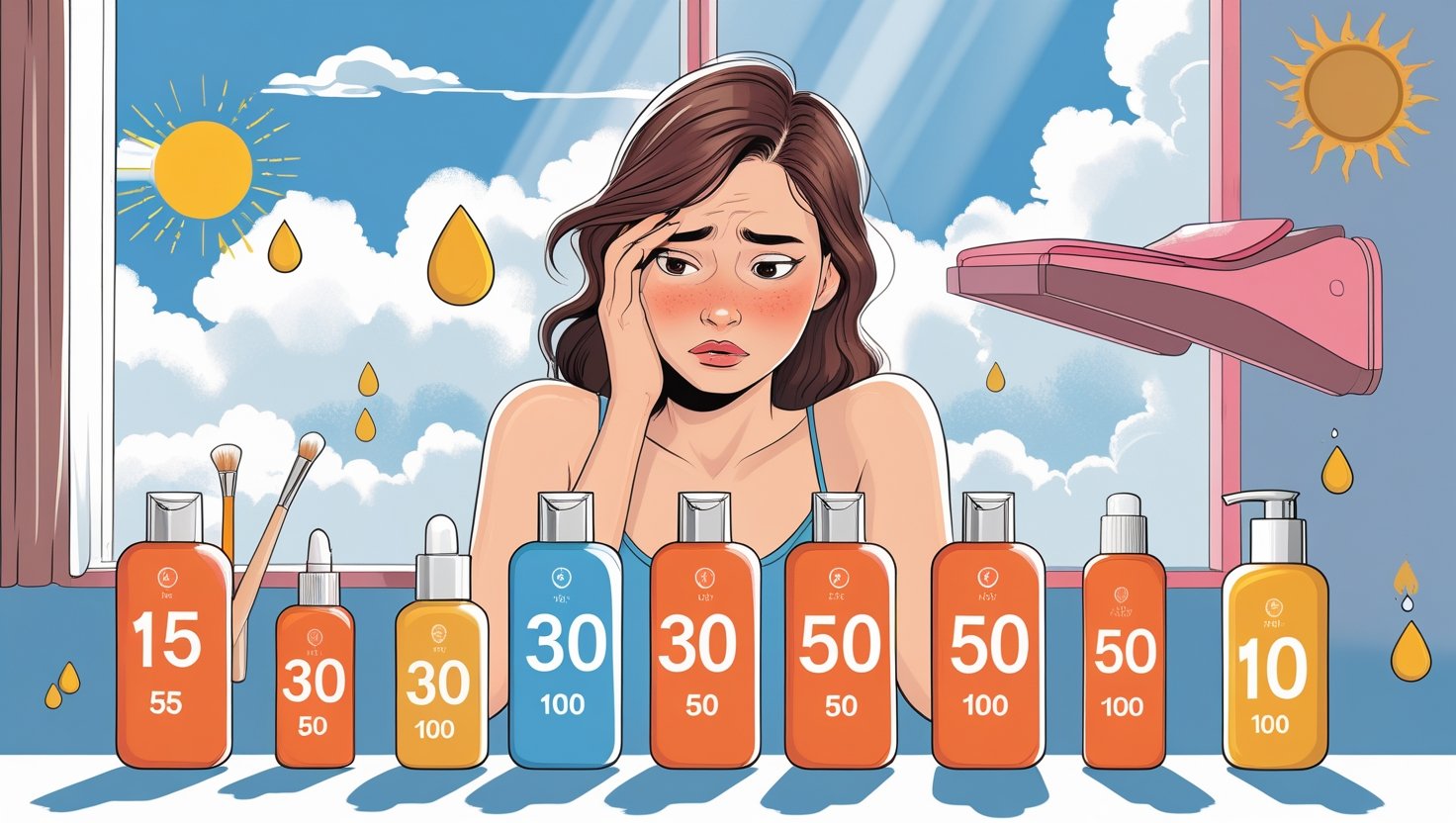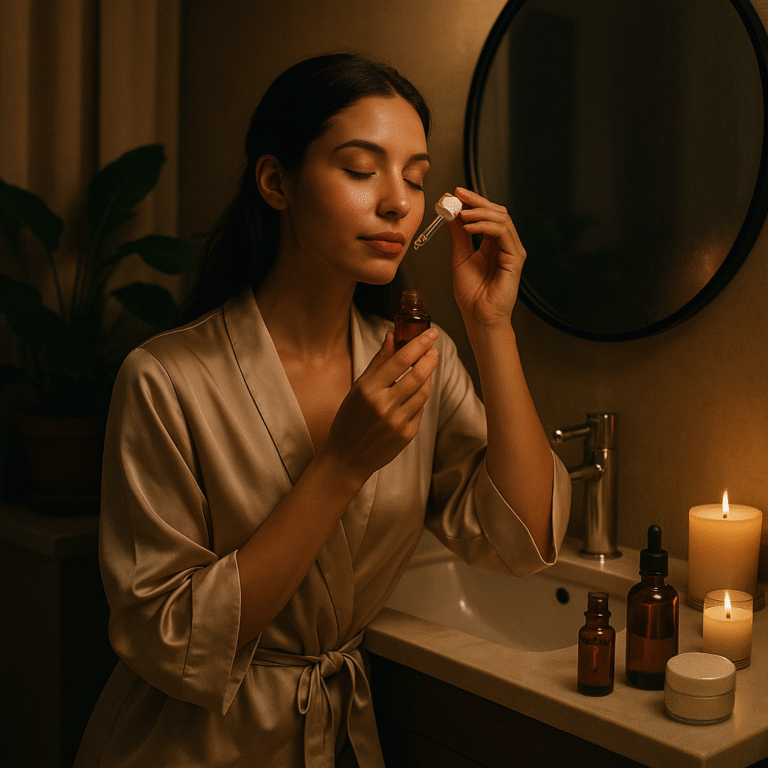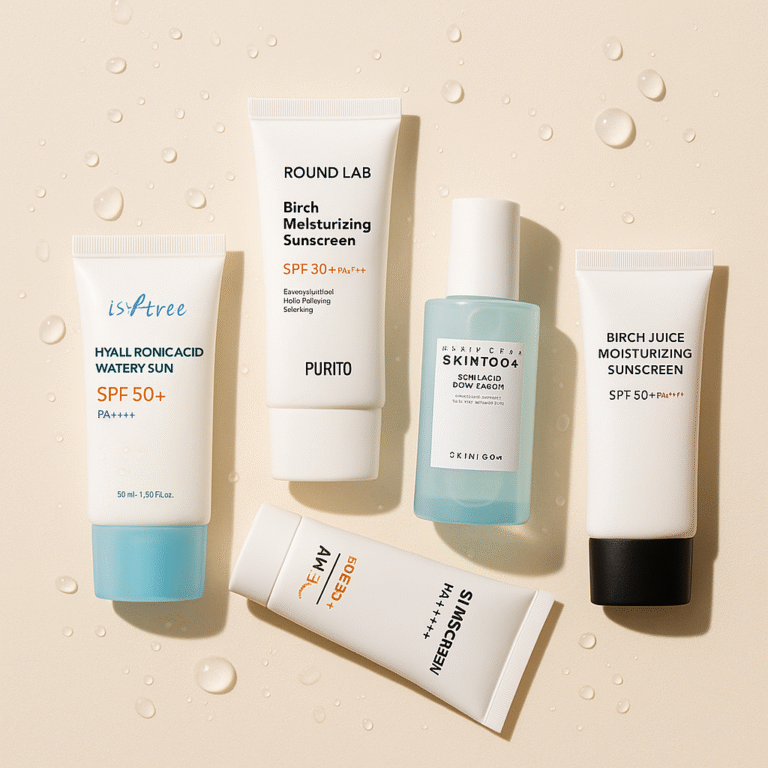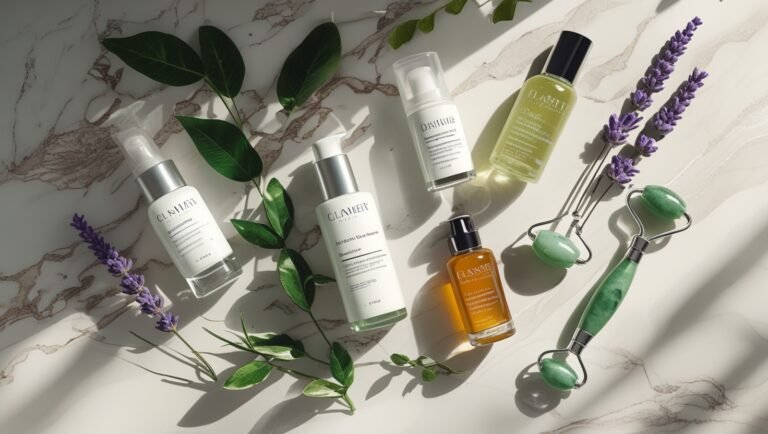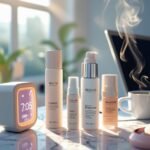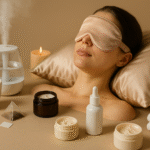SPF Myths That Are Wrecking Your Skin: Debunking Dangerous Sunscreen Lies. Stop falling for sunscreen myths! Discover the truth about SPF, sun protection, and common misconceptions that could be damaging your skin health every day.
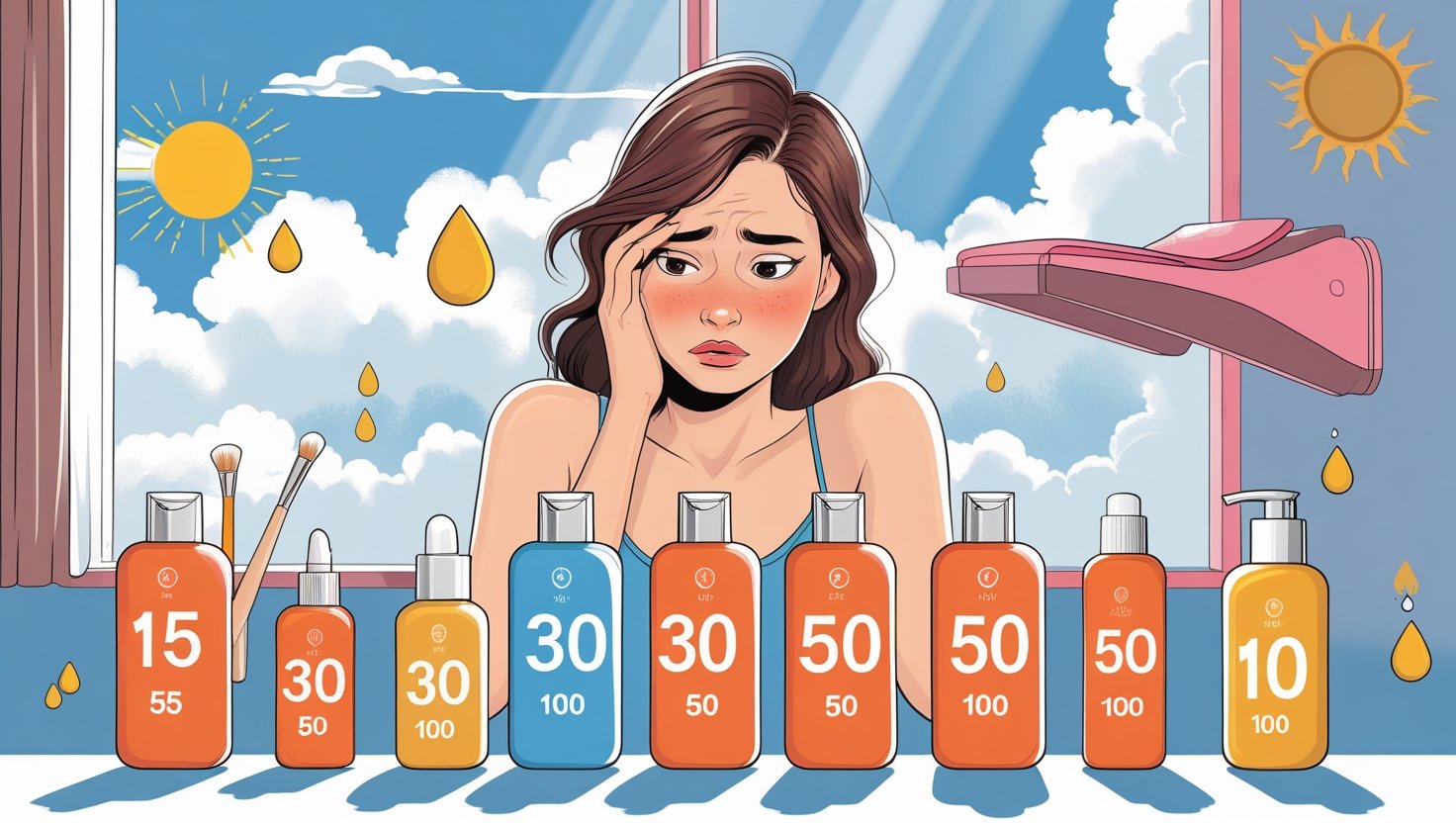
Introduction
Sun protection is one of the most overlooked but essential aspects of skincare. While most people know they should wear sunscreen, many are still misinformed about how SPF works, when to apply it, and which type is best. Unfortunately, these misconceptions can lead to sun damage, premature aging, and increased risk of skin cancer. In this article, we’ll debunk the most persistent SPF myths and provide you with science-backed facts to safeguard your skin.
For more skincare tips, check out this guide to Korean sunscreens for glowing skin.
Myth #1: “You Only Need Sunscreen on Sunny Days”
Reality: UV rays penetrate clouds and windows
Recommended Product: Beauty of Joseon Relief Sun: Rice + Probiotics SPF50+ PA++++ – Lightweight, hydrating, and ideal for daily use, even on cloudy days. Ultraviolet rays (UVA and UVB) can penetrate through clouds and glass, meaning sun protection is necessary even on overcast or indoor days. Skipping sunscreen during cloudy weather exposes your skin to cumulative UV damage.e UV damage.
Myth #2: “Higher SPF Means Longer Protection”
Reality: SPF is about UVB blockage, not time duration
Recommended Product: Isntree Hyaluronic Acid Watery Sun Gel SPF50+ PA++++ – Offers balanced high SPF with a hydrating formula; ideal for reapplication throughout the day. SPF 30 blocks about 97% of UVB rays, while SPF 50 blocks 98%. The difference is minimal. Regardless of SPF, reapplication every two hours—or more often if swimming or sweating—is essential.
Myth #3: “Dark Skin Doesn’t Need Sunscreen”
Reality: Melanin offers some protection, but not immunity
Recommended Product: Dr. G Green Mild Up Sun SPF50+ PA++++ – Mineral sunscreen suitable for all skin tones with a gentle, non-irritating formula. While darker skin has more melanin, which provides some natural UV protection, it is still susceptible to damage and skin cancers like melanoma. Daily SPF use is important for all skin tones.
Myth #4: “Sunscreen is Only Necessary at the Beach”
Reality: UV exposure happens daily
Recommended Product: Round Lab Birch Juice Moisturizing Sun Cream SPF50+ PA++++ – A perfect everyday sunscreen enriched with birch sap for hydration. Everyday activities such as driving, walking to work, or sitting by a window can expose you to UV rays. Incorporating SPF into your daily skincare routine is crucial for ongoing protection.
Myth #5: “Sunscreen Causes Vitamin D Deficiency”
Reality: You still produce vitamin D with sunscreen
Recommended Product: Etude House Sunprise Mild Airy Finish Sun Milk SPF50+ PA+++ – Light formula that balances protection with natural light exposure for vitamin D synthesis. Studies show that regular sunscreen use does not significantly impact vitamin D levels. Brief, incidental sun exposure (e.g., walking outside) is usually enough for adequate vitamin D synthesis.
Myth #6: “Makeup with SPF Is Enough”
Reality: Makeup alone doesn’t provide sufficient coverage
Recommended Product: MISSHA All Around Vita C Sunscreen SPF 50 PA+++ – Ideal under makeup as a primer-like sun base. Cosmetic products with SPF usually don’t contain enough sunscreen to offer adequate protection. It’s best to apply a broad-spectrum sunscreen underneath your makeup.
Myth #7: “Waterproof Sunscreen Doesn’t Need Reapplication”
Reality: No sunscreen is truly waterproof
Recommended Product: COSRX Aloe Soothing Sun Cream SPF50+ PA+++ – Great for outdoor activities with soothing aloe, but still requires frequent reapplication. The FDA has banned the term “waterproof.” Sunscreens can be water-resistant for 40 or 80 minutes, but still need reapplication after swimming or sweating.
Myth #8: “Natural Sunscreens Are Always Safer”
Reality: Mineral and chemical sunscreens both have pros and cons
Recommended Product: PURITO Daily Go-To Sunscreen SPF50+ PA++++ – Hybrid formula combining the benefits of mineral and chemical filters with minimal irritation. Mineral (physical) sunscreens use zinc oxide or titanium dioxide, while chemical options absorb UV rays. Both types are effective and safe when used properly. Choose based on your skin type and preferences.
Myth #9: “Tanning Beds Are Safer Than the Sun”
Reality: Tanning beds emit concentrated UV radiation
Recommended Product: Thank You Farmer Sun Project Water Sun Cream SPF50+ PA+++ – Delivers strong UV protection while reinforcing the no-tan philosophy with a hydrating, glowy finish. Indoor tanning significantly increases your risk of skin cancer and accelerates skin aging. There’s no such thing as a safe tan.
Myth #10: “Once a Day Is Enough”
Reality: Sunscreen breaks down and wipes off
Recommended Product: Abib Quick Sunstick Protection Bar SPF50+ PA++++ – Perfect for quick, clean reapplication throughout the day without disturbing makeup. Even the most advanced sunscreens degrade over time. Reapplication every two hours is the gold standard, especially after swimming, sweating, or towel drying.
Conclusion
Protecting your skin isn’t just about vanity—it’s a health necessity. Falling for SPF myths can lead to serious consequences, from sunburns and premature aging to life-threatening skin cancers. By understanding the truth behind sunscreen and sun protection, you empower yourself to make informed, science-backed choices for your skin’s health.
FAQs
1. How often should I reapply sunscreen?
Every two hours, or immediately after swimming, sweating, or towel drying.
2. Is SPF 100 better than SPF 50?
Not significantly. SPF 100 blocks 99% of UVB rays, while SPF 50 blocks 98%. Both still require reapplication.
3. Can I skip sunscreen if my foundation has SPF?
No. Makeup alone typically doesn’t provide adequate sun protection. Always apply a standalone SPF first.
4. Do I need sunscreen indoors?
Yes. UVA rays can penetrate through glass windows, causing skin damage even indoors.
5. Are mineral sunscreens better for sensitive skin?
Generally, yes. Mineral sunscreens are less likely to cause irritation, making them ideal for sensitive or acne-prone skin.

